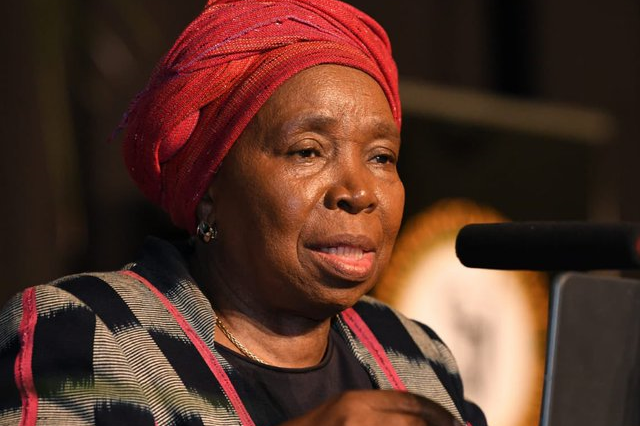Cape Town – Co-operative Governance and Traditional Affairs (Cogta) Minister, Dr Nkosazana Dlamini-Zuma on Wednesday gazetted sweeping regulations to deal with the electricity crisis currently plaguing the country.
During his annual state-of-the-nation address, President Cyril Ramaphosa declared a state of national disaster in an attempt to solve the country’s worst-ever energy crisis.
The gazette followed a special Cabinet meeting held on February 27.
In a statement, Dlamini Zuma said the regulations aimed at dealing with the “destructive nature” and other effects of the disaster by:
- Minimising the impact of load shedding on livelihoods, the economy, policing functions, national security, security services, education services, health services, water services, food security, communications and municipal services
- Reducing and managing the impact of load shedding on service delivery to support lifesaving and specified essential infrastructures
- Providing measures to enable the connection of new generation of electricity
- Providing measures to improve Eskom’s plant performance
Minister of @NationalCoGTA Dr Nkosazana Dlamini Zuma, has gazetted the regulations for the state of disaster related to the energy crisis. The gazetted regulations are available at https://t.co/ByhtixQOw0 pic.twitter.com/qoLE3Y5RWa
— South African Government (@GovernmentZA) March 2, 2023
Other regulations put forward by Dlamini-Zuma included the cooperation between spheres of government as well as measures to address the effects of disaster and prevent the escalation of severe electricity supply constraints.
These measures included adopting energy-saving measures to contain the effects of disaster and prevent the escalation of the electricity supply shortfall, ensuring continuous operation of specified essential infrastructure and services among other things.
Dlamini Zuma also listed the essential infrastructure:
- Health infrastructure including military health facilities
- Water infrastructure including water treatment plants
- Rail and ports infrastructure
- Food production and food storage facilities where feasible
- Critical electronic communications and broadcasting infrastructure
Access the full Gazette here
Follow African Insider on Facebook, Twitter and Instagram
Picture: Twitter/ @NationalCoGTA
For more African news, visit Africaninsider.com
Compiled by Junaid Benjamin


